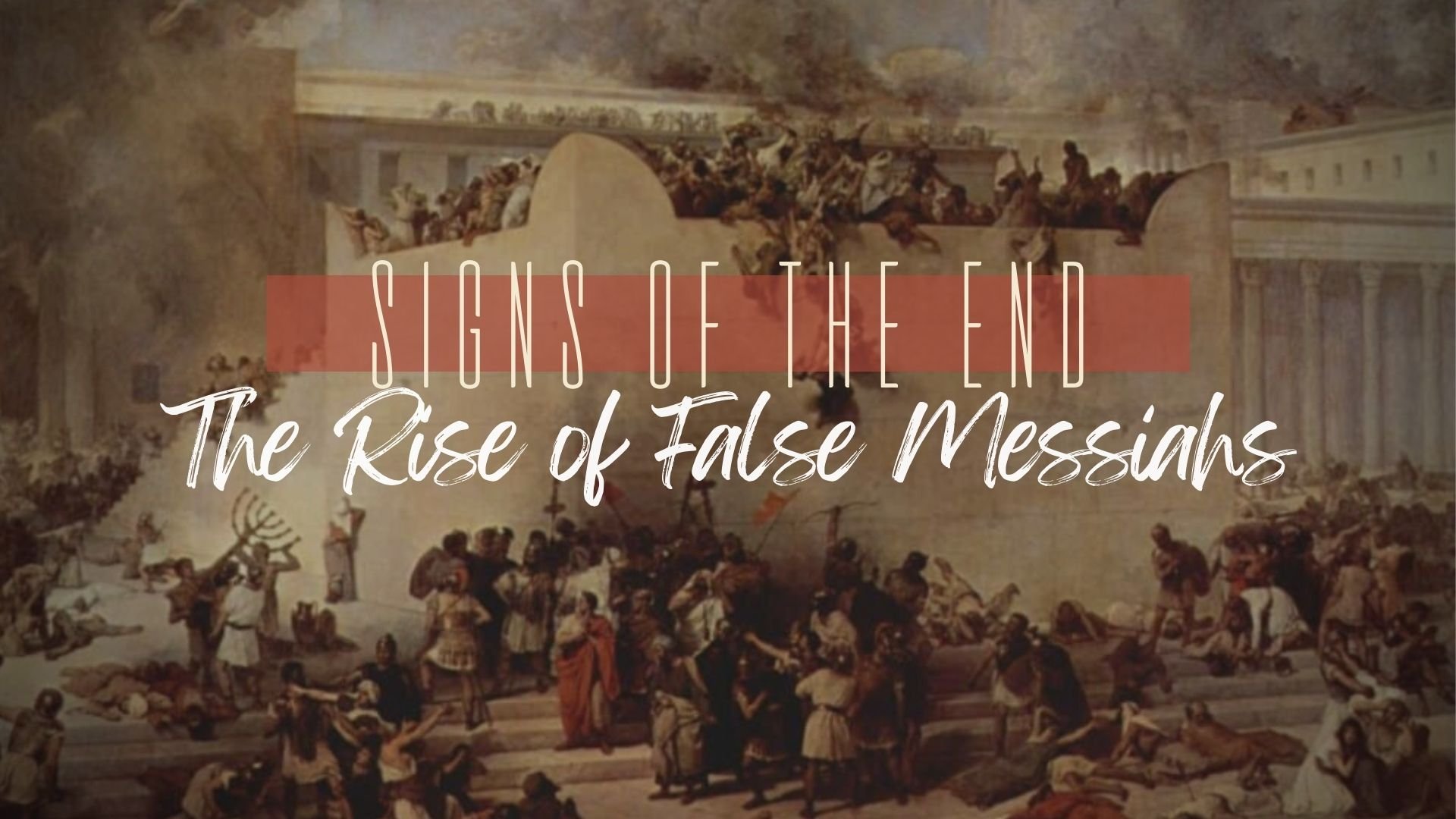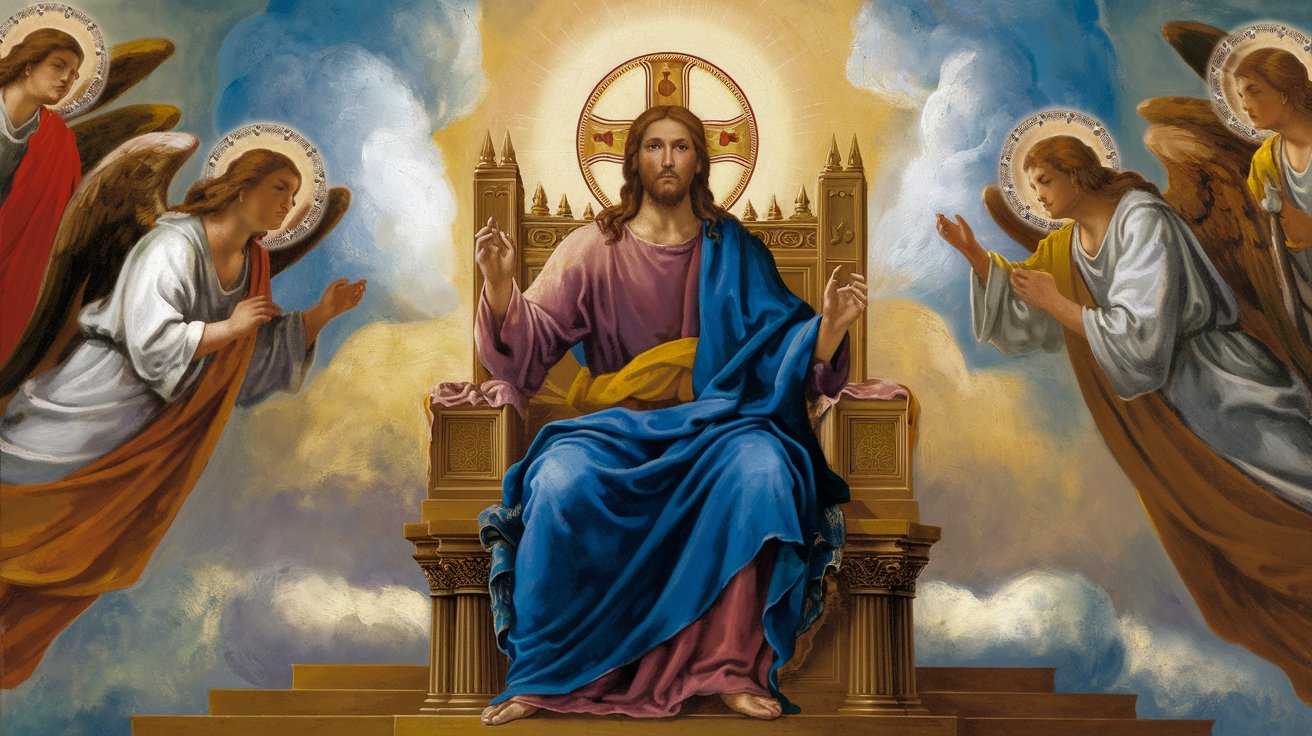
Why do false messiahs captivate so many people? Throughout history, charismatic individuals have claimed to be the long-awaited savior, leading countless followers into deception. These figures often possess a magnetic personality, claim divine authority, and promise miraculous feats. Despite their allure, they rarely fulfill the prophecies associated with a true messiah. From ancient times to modern days, false messiahs have caused emotional, financial, and psychological harm. Understanding their characteristics and the biblical warnings against them is crucial. This article explores the rise, impact, and dangers of false messianic figures, shedding light on why they continue to mislead so many.
Biblical Warnings Against False Messiahs
False messiahs have been a concern since ancient times. The Bible contains several warnings about them, emphasizing the need for vigilance and discernment.
-
Jesus warned his disciples about false messiahs, saying, "Watch out that you are not deceived. For many will come in my name, claiming, 'I am he,' and, 'The time is near.' Do not follow them" (Luke 21:8-9).
-
Matthew 24:4-5 also highlights Jesus' caution, "For many will come in my name, claiming, 'I am the Messiah,' and will deceive many."
Historical Prevalence of False Messiahs
Throughout history, numerous individuals have claimed to be the messiah, often leading to devastating consequences for their followers.
-
The Jewish community has seen dozens of false messiahs over the centuries, causing significant turmoil and suffering.
-
First-century examples include Theudas and Judah the Galilean, both of whom led rebellions against Roman rule and met tragic ends.
Characteristics of False Messiahs
False messiahs often exhibit certain traits that make them stand out. These characteristics help them attract and manipulate followers.
-
Charisma and authority are common traits. False messiahs often possess a magnetic personality that draws people in, claiming divine authority to justify their actions.
-
Miraculous claims are another hallmark. Many false messiahs assert they can perform miracles or possess supernatural powers, gaining credibility and trust.
-
Manipulation and control tactics are frequently used. Isolating followers, imposing strict rules, and using fear to maintain compliance are common strategies.
-
Lack of fulfillment of prophecies distinguishes false messiahs from true ones. They often create their own prophecies or twist existing ones to fit their narrative.
Examples of Notable False Messiahs
Several false messiahs have made headlines in recent times, each with their unique claims and followers.
-
Alvaro Theiss (INRI Cristo) has been proclaiming himself as Jesus Christ reincarnated since 1979. He lives in Brazil with 12 followers and performs elaborate rituals.
-
Mitsuo Matayoshi from Japan claimed to be God and promised to execute his last judgment through the political system if elected. He passed away in 2018.
-
Moses Hlongwane in South Africa set up a compound with a dozen disciples, claiming to be the reincarnation of Jesus Christ.
-
Vissarion in Siberia claims to be the second coming of Christ. He teaches reincarnation, vegetarianism, and other spiritual practices, with 4,000 followers in his compound.
-
David Shayler in England declared himself the Messiah in 2007 and sometimes preaches as his cross-dressing alter ego, Delores Kane.
-
Bupete Chibwe Chishimba from Zambia started claiming he was Jesus Christ in 2013 but faced violent opposition from townspeople.
-
Alan John Miller in Queensland, Australia, founded the Jesus Cult. He claims to be the reincarnation of Jesus, and his partner is the reincarnation of Mary Magdalene.
Theological Implications
The rise of false messiahs has significant theological implications, emphasizing the need for discernment among believers.
-
Jesus' warnings about false messiahs serve as a reminder that many will come in his name, claiming to be him, and that believers must be vigilant to avoid being misled (Matthew 24:4-5, 11).
-
Biblical criteria for identifying the Messiah include rebuilding the Temple, establishing universal peace, returning exiled Jewish captives, and establishing the throne of David. Jesus did not fulfill these prophecies, leading many to question his claim to be the messiah.
Psychological Factors
False messiahs often exploit psychological vulnerabilities in their followers, making them more susceptible to manipulation.
-
People seeking supernatural powers, personal redemption, or protection from evil may be more likely to believe the claims of false messiahs.
-
Fear and insecurity can drive individuals to seek false hope and temporary relief in misguided devotions.
Cultural and Historical Context
The rise of false messiahs is often linked to cultural and historical contexts, particularly in times of turmoil or uncertainty.
-
First-century examples include numerous false messiahs who led rebellions and uprisings among the Jewish population.
-
Modern-day examples continue to emerge, exploiting societal fears and uncertainties to gain followers.
Statistical Probability
The probability of one person fulfilling all the prophecies associated with the messiah is statistically improbable, highlighting the uniqueness of Jesus' fulfillment of almost 300 prophecies.
- MIT calculated the odds of Jesus fulfilling just eight prophecies to be 1 in 100 trillion, emphasizing the remarkable nature of his fulfillment.
Dangers of Following False Messiahs
Following false messiahs can lead to severe consequences, including emotional, financial, and psychological harm.
-
Isolation from families and communities is a common outcome, leading to a loss of social support and potential exploitation by the leader.
-
Emotional manipulation can cause significant psychological distress, making it difficult for followers to break free from the false messiah's control.
Historical Examples
Historical examples of false messiahs provide valuable lessons about the dangers they pose and the importance of discernment.
- Theudas, Judah the Galilean, and Shimon Ben-Kosiba (Bar Kokhba) are notable examples from the first and second centuries, each leading rebellions against Roman rule and meeting tragic ends.
Staying Vigilant Against False Messiahs
False messiahs have been around for ages, causing harm and deception. They often use charisma, supposed divine authority, and manipulation to control followers. Historical and modern examples show the devastating impact they can have. Biblical warnings emphasize the need for discernment to avoid being misled. Understanding the characteristics and tactics of false messiahs helps protect against their influence. Theological and psychological insights highlight the importance of staying grounded in biblical truth. By recognizing the signs and staying vigilant, believers can avoid the pitfalls of following false messianic figures. Remember, true messianic figures fulfill biblical prophecies and bring genuine peace and redemption. Stay informed, stay cautious, and stay true to your faith.
Was this page helpful?
Our commitment to delivering trustworthy and engaging content is at the heart of what we do. Each fact on our site is contributed by real users like you, bringing a wealth of diverse insights and information. To ensure the highest standards of accuracy and reliability, our dedicated editors meticulously review each submission. This process guarantees that the facts we share are not only fascinating but also credible. Trust in our commitment to quality and authenticity as you explore and learn with us.


